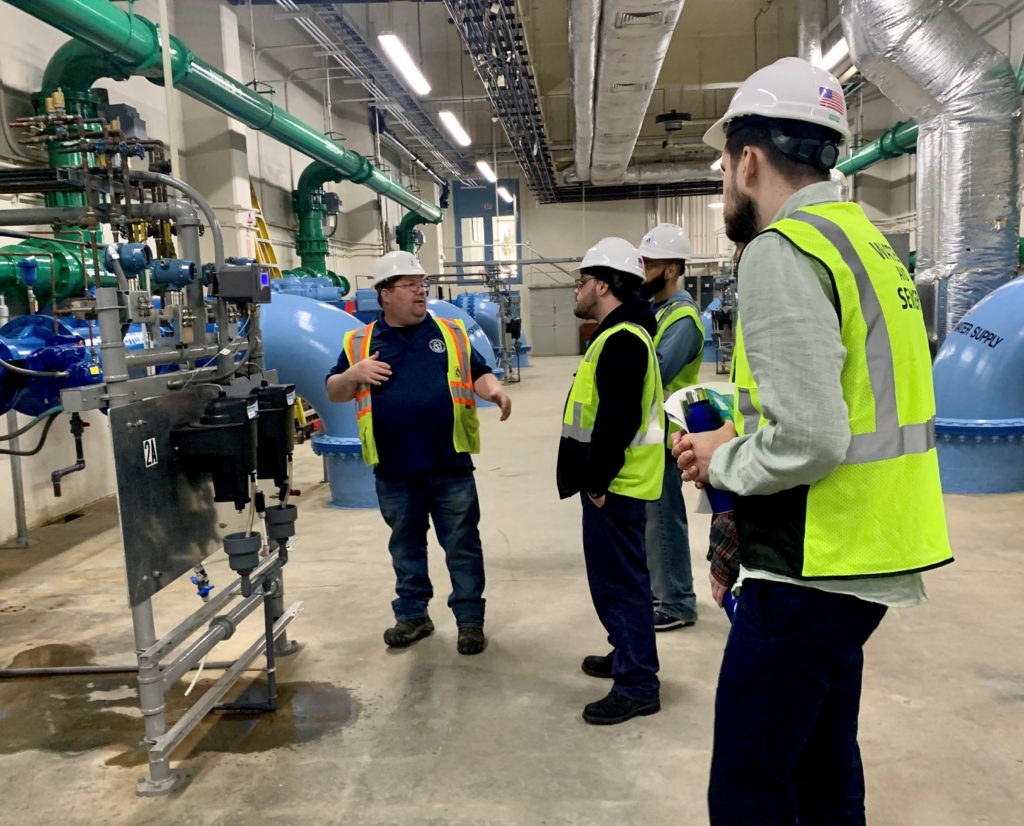A water treatment plant operator typically works in plants that are designated for treating water. Water is pumped from reservoirs, streams, rivers, and wells, to plants. The treatment of the water is mainly carried out in these plants and finally, this water is supplied to customers.
So, a water plant operator California is involved in carrying out a lot of tasks which involve controlling the processes, running the equipment, and monitoring the plants. We will focus on talking about the role of a water treatment plant operator in detail in the forthcoming section.
Now, let’s get started with it:
Role Of A Water Treatment Operator
Water treatment operators generally carry out the below-given tasks:
- Focuses on adding chemicals like lime, chlorine, or ammonia for disinfecting water or any other liquids.
- Inspects equipment frequently
- Monitors gauges, meters, and operating conditions
- Ensures all the safety standards are adequately met
- Collects and tests both water as well as sewage samples
- Operates equipment for clarifying and purifying water or for processing or disposing of sewage
- Cleans as well as maintains tanks, equipment, and filter beds, along with other work areas
- Records both gauge and meter readings along with operational information
- Focuses on staying current on environmental regulations and laws

Getting water from completely natural sources such as groundwater, streams, as well as reservoirs into the taps of water treatment plant operators involves a lot of work. Also, it is a complex procedure to change the wastewater treatment present in their sewers and drains into a safe form.
So, it is important to note that the particular duties of water treatment operators are dependent on the size and type of the plant. If the plant is a small one, then a single operator may be held accountable for maintaining all of the systems.
Whereas, in the case of large plants, several operators are involved in working in the same shifts. Not only that, but they are more focused on their duties. They often depend on computerized methods as it assists them in effectively monitoring the plant processes.
Occasionally, operators need to carry out their work during emergencies. For instance, weather conditions may cause a huge amount of wastewater or storm-water to flow into sewers and thereby exceeding the capacity of a plant.
Some malfunctions within a plant may also lead to emergencies. Some examples of this include oxygen deficiencies or chemical leaks. Operators again tend to have training in emergency management procedures. They also consider making use of safety equipment for protecting their health and also that of the public.

The wastewater treatment plants, as well as system operators, are involved in carrying out similar work of removing pollutants from industrial and domestic waste. Used water which is also referred to as wastewater especially travels to the treatment plants through sewage pipes where it is treated and finally send back to oceans, rivers, and streams, or this water can be simply used for irrigation.
Wrapping Up
Hopefully, after reading this detailed guide, you have got a good idea about the role of a water treatment plant operator.

